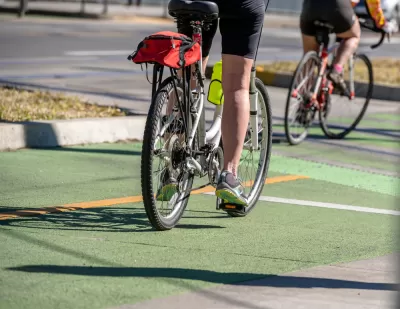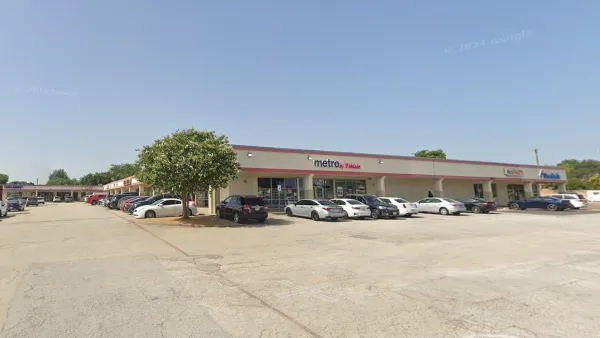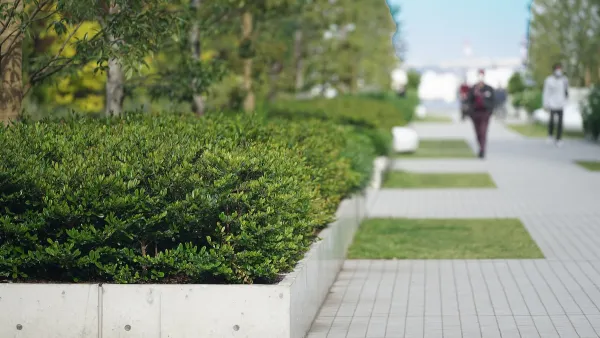The Living Cully coalition prioritizes the well-being of long term, lower-income residents with future-building revitalization projects.

Northeast Portland, Oregon’s largest and ethnically diverse Cully neighborhood is the setting for a case study in community-led efforts to fortify the ability lower-income residents to withstand gentrification and displacement. “Many green infrastructure project teams flounder when trying to couple social justice with their environmental goals, but in Cully green infrastructure provision is linked explicitly with wealth building and anti-displacement goals through a coalition called Living Cully,” reports Barbra Brown Wilson, adapting a chapter from her book Resilience for All.
Living Cully, a collective project of Verde, Native American Youth and Family Center, Habitat for Humanity Portland/Metro East, and Hacienda Community Development Center, was formed to address the lack of infrastructure and services available to Cully residents. Central to their mission is investment “in local residents through leadership development and job training that allow lower-income residents to contribute to positive change in their communities, while also building their own capacity to stay as revitalization occurs,” Brown outlines.
Since the coalition’s formation in 2012, partnering organizations have successfully launched initiatives to champion policies to protect renters, supply affordable housing, develop Cully’s transportation infrastructure, provide job training, and improve community safety. The immediate impact of these efforts is felt widely, but it remains to be seen what long-term effects will remain in terms of “adaptive capacity of resident leaders engaging in these organizing and job-training efforts, the culture change beginning when a generation of youth see walking and biking as important to their community, and the impact of young leaders actualizing many new professional techniques to better their community as part of their middle school skills set.”
FULL STORY: When Green Infrastructure Is an Anti-Poverty Strategy

Maui's Vacation Rental Debate Turns Ugly
Verbal attacks, misinformation campaigns and fistfights plague a high-stakes debate to convert thousands of vacation rentals into long-term housing.

Planetizen Federal Action Tracker
A weekly monitor of how Trump’s orders and actions are impacting planners and planning in America.

In Urban Planning, AI Prompting Could be the New Design Thinking
Creativity has long been key to great urban design. What if we see AI as our new creative partner?

King County Supportive Housing Program Offers Hope for Unhoused Residents
The county is taking a ‘Housing First’ approach that prioritizes getting people into housing, then offering wraparound supportive services.

Researchers Use AI to Get Clearer Picture of US Housing
Analysts are using artificial intelligence to supercharge their research by allowing them to comb through data faster. Though these AI tools can be error prone, they save time and housing researchers are optimistic about the future.

Making Shared Micromobility More Inclusive
Cities and shared mobility system operators can do more to include people with disabilities in planning and operations, per a new report.
Urban Design for Planners 1: Software Tools
This six-course series explores essential urban design concepts using open source software and equips planners with the tools they need to participate fully in the urban design process.
Planning for Universal Design
Learn the tools for implementing Universal Design in planning regulations.
planning NEXT
Appalachian Highlands Housing Partners
Mpact (founded as Rail~Volution)
City of Camden Redevelopment Agency
City of Astoria
City of Portland
City of Laramie





























